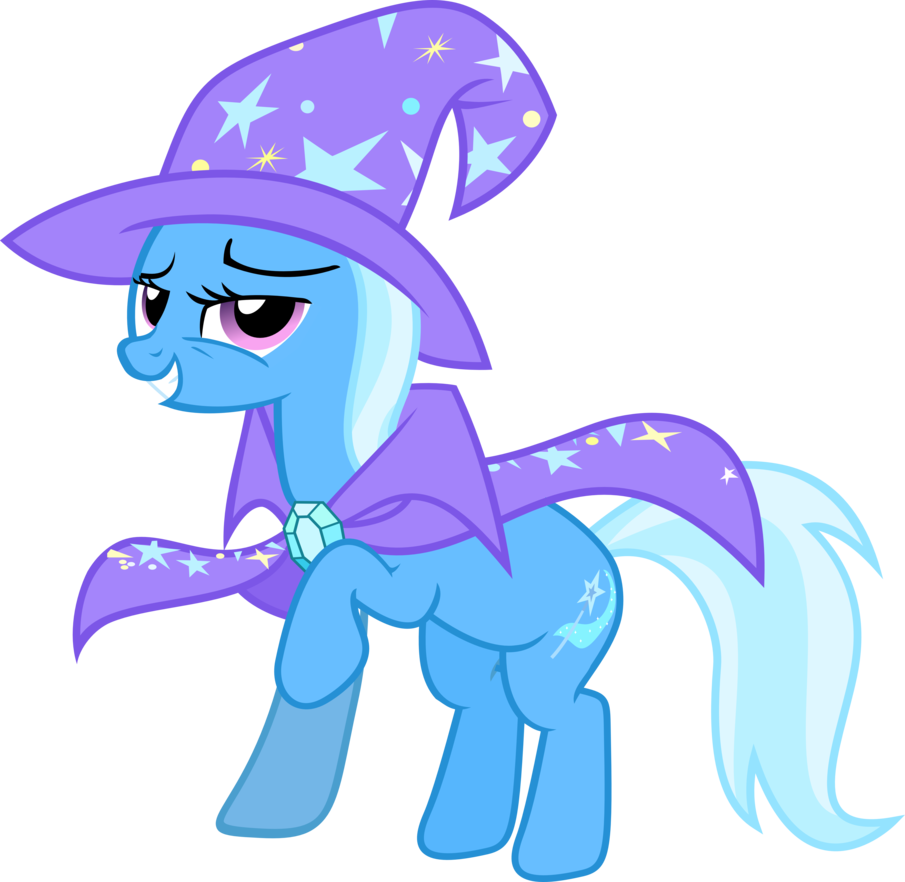The two kinds of night…
ashíëmúr: “starlit night”; the night-half of the cycle in that half of the year in which Súnáris is in opposition to Lumenna, and the sky remains in twilight throughout the night, never becoming truly dark. From ashíël “star” + múrna “night”.
falsamúr: “black night”; the night-half of the cycle in that half of the year in which Súnáris is in conjunction with Lumenna, and the sky grows dark in truth. From falsan “black” + múrna “night”.
…the two natures of power…
arídaäsír: power; specifically, that power which arises from might, the power of lightning and the storm, the sword stroke, the crashing wave, the mighty engine, and the blazing sun. From arídan “sun” + asíran “power”.
chalíäsír: power; specifically, that power which arises from cunning, the power of the unforeseen gambit, the ingenious design, the perfect balance, the craftsman’s hand, and the gleaming moon. From chalíël “moon” + asíran “power”.
…the three kinds of loyalty…
traëlefí azkith: loyalty to one’s contract, oath, or obligations; from elefí “oath-contract” + azkith “loyalty”, itself from azik “stone” + ankithel “emotion, passion”.
traärgyr azkith: loyalty to merit, or rather, that loyalty to a person or group given fully and freely from respect for its worth. From argyr “merit” + azkith “loyalty”. Also sometimes seen as trabandal azkith.
traëstxijír azkith: loyalty to an abstract ideal, purpose, or necessity. Fromestxijír “wyrd, dharma” + azkith “loyalty”.
…and since we already covered loyalty, might as well give you these…
talisétäef: honesty; “converse with truth”, from talis “truth” + sétavir “converse (among a group)” + the state affix -ef .
carábrinef: generosity, liberality; “open-handedness”, from carás “open, accessible” + brind “palm (of the hand)” + the state affix -ef.
sefykith: laughter (as emotion, not sound), passing joy; from sef “spume, sea-foam” + ankithel “emotion, passion”.
merékith: kindness; from merel “gentle” + ankithel “emotion, passion”
dalínef: friendship. From dalín “friend”, plus the state affix -ef.

